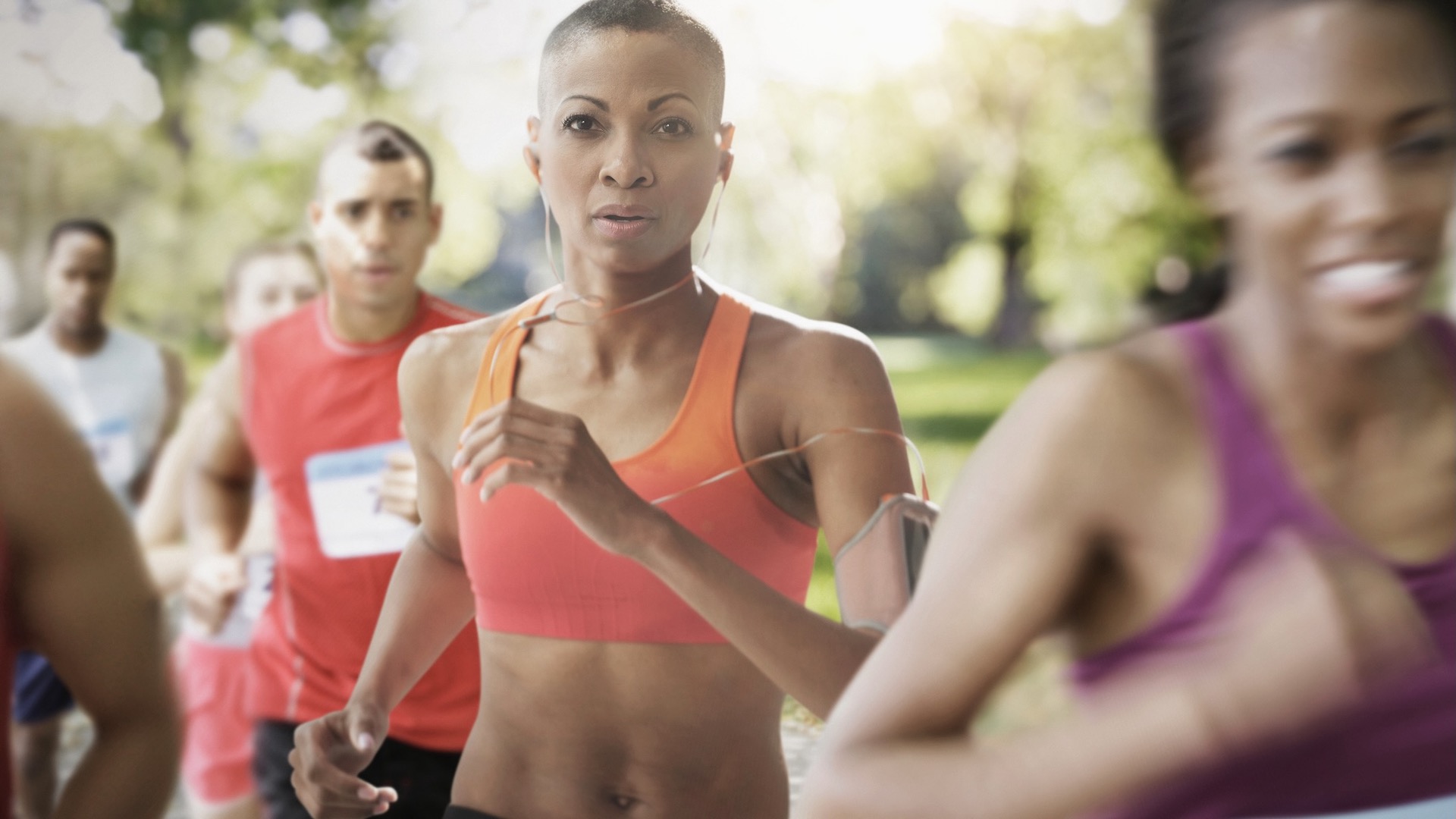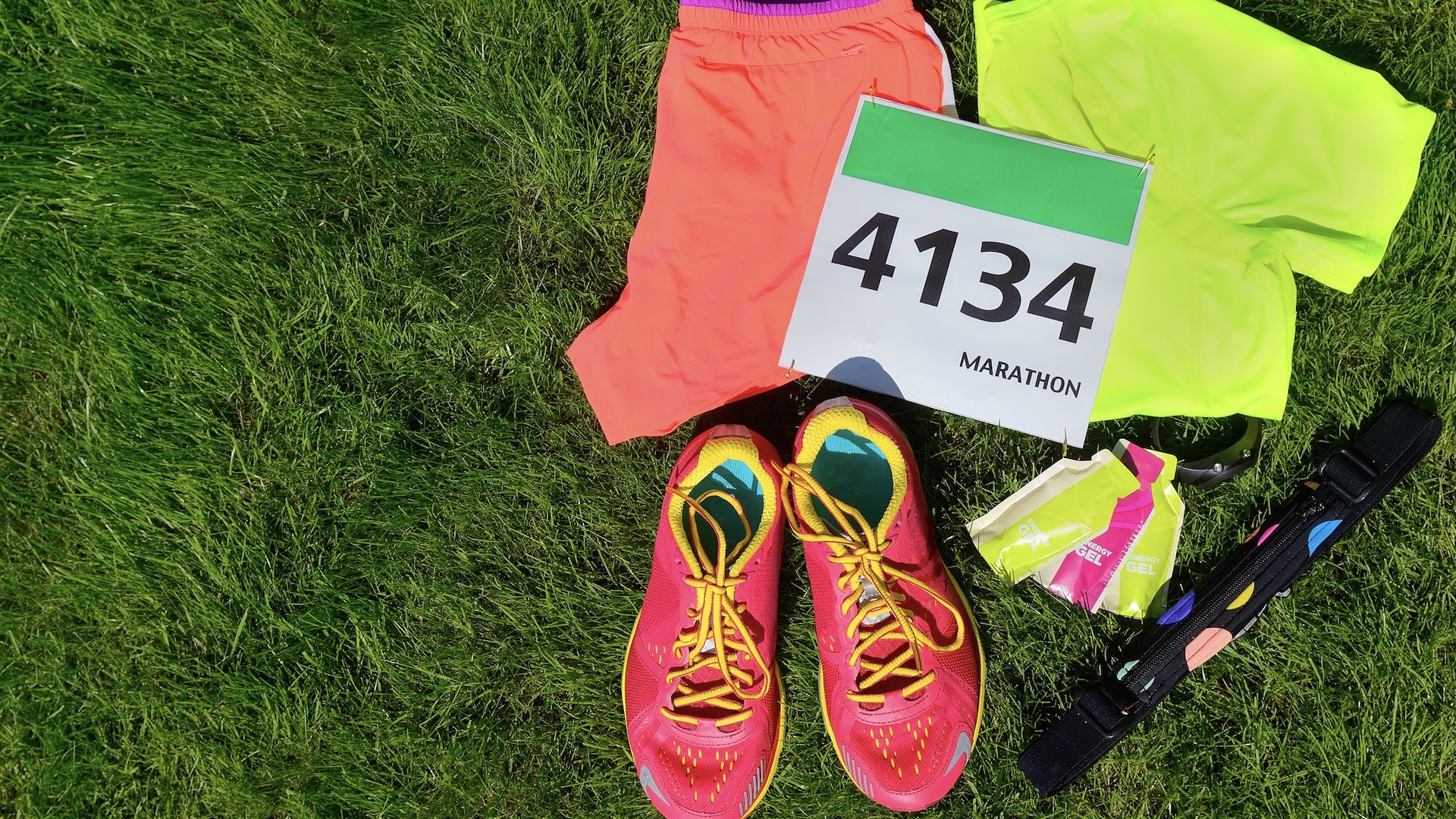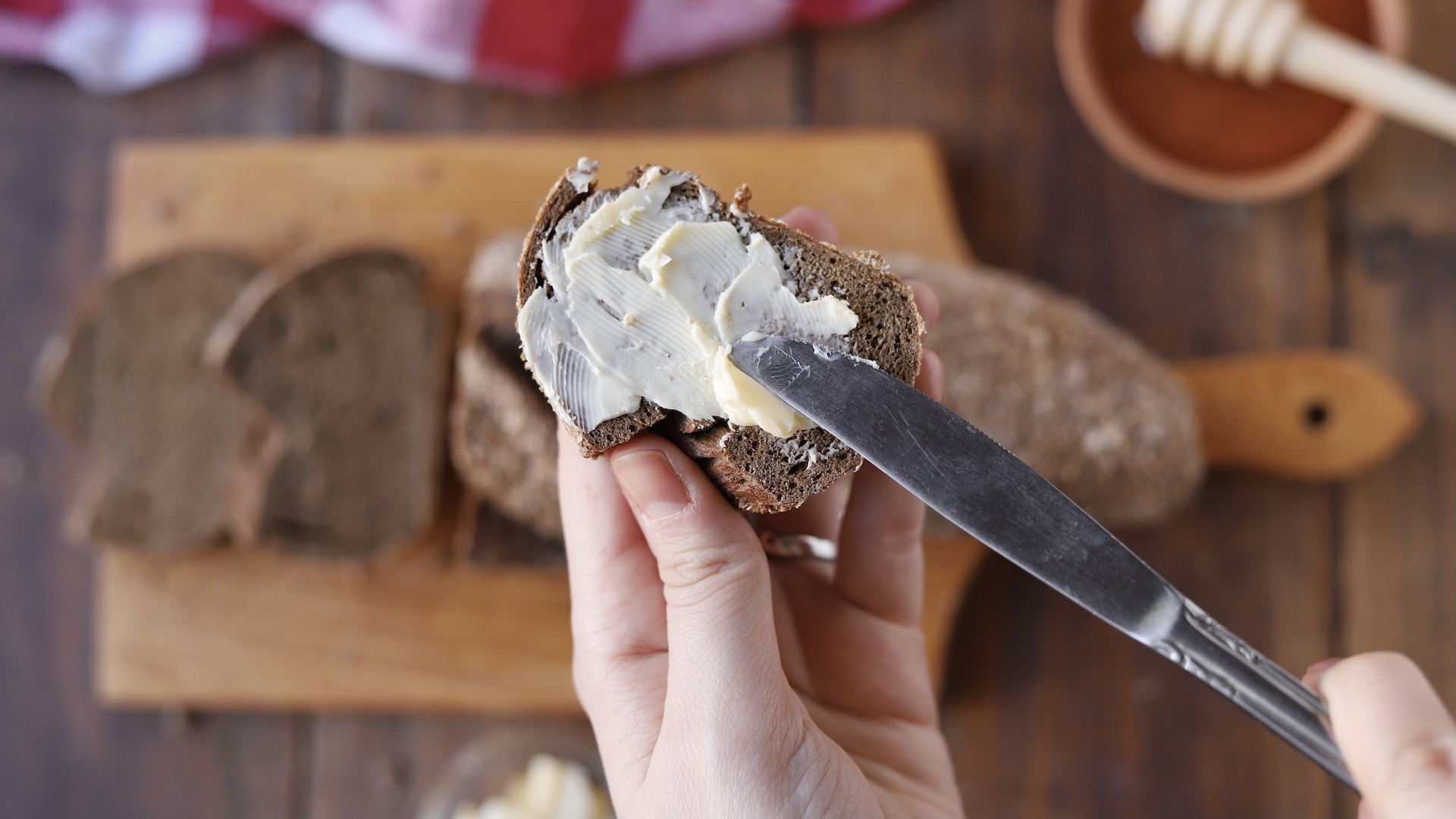Does carb loading work? A guide for runners
We ask the experts about the advantages and disadvantages of eating more carbohydrates ahead of a race

If you are a runner, or indeed any kind of sports person, the term "carb loading" will be familiar to you. But do you know what it actually means? For most runners – whether they prefer the trail or the road – the concept of carb loading will be simply making sure you eat a carbohydrate-rich meal, such as pasta, the night before an important event or race. But does carb loading work for all runners?
To be more scientific about the definition, Dr David Lipman, an exercise physiologist and medical doctor, explains: “Carb loading is the practice of actively increasing carbohydrate intake in the day or days prior to a key event, such as a running race, in order to increase glycogen stores to their maximal amount.
“In essence, it is the process of ensuring your stores of high intensity energy are topped up to their fullest.”
Mike McGurn, a strength and conditioning coach, further explains. He says: "Normally, only small amounts of glycogen are stored in the body’s muscles and when this supply runs out, exhaustion sets in.
"So, the theory is that if runners carb load – therefore increasing the glycogen stores in tissues – it leads to runners having more energy at their disposal to use during competition.
“This is why eating plenty of carbohydrates also helps to build muscle mass and prevent age-related muscle loss."
He adds: “When applied to a training routine properly, carb-loading can help athletes to go for longer without experiencing fatigue.”
Advnture Newsletter
All the latest inspiration, tips and guides to help you plan your next Advnture!
What does carb loading mean for runners?
There are a number of different protocols for carb loading for different sports – and this science is evolving all the time.
According to Dr Lipman, who is part of a team at Supersapiens, a continuous glucose monitor which allows you to track your energy levels in real time: “Most contemporary protocols vary from one to four days of carbohydrate intake between 5g to 12g of carbohydrate per kilogram of bodyweight.”
Meanwhile, McGurn, who is also a Bio-Synergy ambassador, advocates starting a pre-fuel carb-load two days before an event, possibly three days for more inexperienced runners, or those who find it difficult to eat regularly.
He adds: “Practically this will mean setting up a schedule of three carb-based meals with two-to-three snacks a day, in morning, afternoon and evening.”
His advice is to first increase the carbohydrate content of meals by adding a bigger portion of your preferred source of carbohydrate. He says: “Increasing your carbohydrate intake doesn't necessarily mean eating huge volumes of pasta. It’s more about the addition of some carbs to meals, such as adding a glass of fruit juice or bread roll.
“Snacks will also play an important role in reaching your goal so you should try to eat a high carbohydrate snack two to three times a day. Often, this gives you an opportunity to eat foods that you've previously had to reduce, so many runners enjoy the race preparation!”
Low-residue sources of carbohydrate may also be preferred in the two to three days pre-race.
McGurn explains: “A low-residue – also known as low-fiber diet – reduces the residue in the gut and may prevent gut issues during the race. This means switching to ‘white’ versions of pasta and bread, as well as avoiding dried fruit and uncooked vegetables.
“There is no need to eat so much you are uncomfortable, it’s more a case of tailoring each meal and snack option towards carbohydrate.”
Prepare for the carb load
In addition to increasing carbohydrate intake pre-race, it is important that runners also prioritise gut comfort before the race. This means practising your “pre-race strategy” during training in the weeks leading up to the race, as well as resisting the temptation to overeat the day before, or the morning of the race.

Do runners really need to carb load?
There is a great deal more discussion about reduced carb diet, especially in reference to keto-style diets that advocate lower carb intake for effective weight loss.
But, in addition, it depends on what you have planned as a runner. That is, what distance and duration of a race you are aiming for – the needs of someone running a 5k will be very different to someone embarking on an ultra.
McGurn says: “I advise that sports people save carb loading for activities that are going to last 90 minutes and more.
"Most of us easily have an hour’s worth of glycogen in our muscles, so carb-loading really only applies to a select number of athletes.
"For example, marathoners, triathletes and other athletes or runners who perform endurance sports non-stop at a moderate-to-high-intensity level for 90 minutes or longer should be concerned about their glycogen stores.
“That means the vast majority of us should steer clear of carb-loading. There is no need to carb load before a casual or high-intensity workout, a 5k race, or a short bike ride, for example.
“Even professional athletes are unlikely to benefit from true carbo-loading. Consider how a game of basketball lasts around 48 minutes, placing it well below the 90-minute threshold. Similarly, in sports such as baseball and football, games may run over a couple of hours, but players spend a lot of time sitting and standing around.”
Another point to consider is that carb-loading isn’t necessary if you can eat during the competition.
McGurn says: “You can replenish your body’s depleted glycogen stores if you eat carbs while competing. That’s why marathoners may eat gel packets while running.”

Tips for carb loading for runners
If you do plan to carb load for a race, McGurn wants against doing so on the morning of the event. He says to remember these tips: "Build up your carb intake over two to three days before the race.
"Don't binge on fiber-rich carbs – pulses, brown rice and veg – the night before the event, especially if you’re not used to eating lots of fiber. It may – probably will – lead to stomach issues.
“It’s also not a case of stuffing in as much as you possibly can. Too much food will leave you feeling sluggish. A 70kg person should aim for around 2,800 calories of carbs in each of the final two days before an event.
“My advice is that you should still eat balanced meals with protein and vegetables, rather than just platefuls of pasta. Staying healthy is as important as stocking up on glycogen.”

Fiona Russell is a widely published adventure journalist and blogger, better known as Fiona Outdoors. She is based in Scotland and is an all-round outdoors enthusiast with favorite activities including trail running, mountain walking, mountain biking, road cycling, triathlon and skiing (both downhill and backcountry). Aside from her own adventures, Fiona's biggest aim is to inspire others to enjoy getting outside and exploring, especially through her writing. She is also rarely seen without a running skort! Find out more at Fiona Outdoors.
